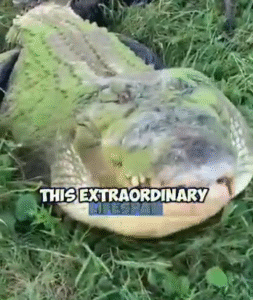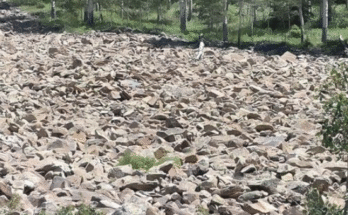The Astonishing Longevity of Saltwater Crocodiles: Ancient Guardians
Saltwater crocodiles, often called “salties,” are among the oldest and most formidable reptiles on Earth. These living dinosaurs have roamed our planet for more than 100 million years, surviving mass extinctions and outliving countless other species. As apex predators and evolutionary marvels, their astonishing longevity—both in terms of their species’ age and individual lifespans—continues to captivate scientists and wildlife enthusiasts alike.
Saltwater crocodiles are the largest living reptiles, with some males exceeding 20 feet in length and weighing over 2,000 pounds. Their immense size is matched by their resilience. In the wild, saltwater crocodiles can live up to 70 years, and in captivity, some have been known to reach nearly 100. This remarkable lifespan is due in part to their slow metabolism, armored bodies, and relatively low rate of natural predation once they reach adulthood.
What makes saltwater crocodiles particularly fascinating is their unchanged biology. Their basic physical design—powerful jaws, robust tails, and stealthy hunting techniques—has remained largely the same for millions of years. This biological stability is a testament to their near-perfect adaptation to their environment. Salties thrive in diverse habitats, from coastal estuaries and mangroves to freshwater rivers and swamps across Southeast Asia, Northern Australia, and parts of the Indian subcontinent.
Crocodiles are often referred to as “ancient guardians” of the waters they inhabit, not only because of their longevity but also due to their vital role in the ecosystem. As apex predators, they help regulate populations of fish and other aquatic creatures, maintaining ecological balance. Their nesting behavior also contributes to the health of riverbanks and wetlands, making them critical to the survival of many smaller species.
Despite their fearsome reputation, saltwater crocodiles are not mindless killers. They are highly intelligent, capable of complex behaviors such as strategic hunting and long-term memory. Some studies even suggest a form of social structure, with dominant individuals establishing territories and occasionally tolerating the presence of subordinates. Their ability to adapt and learn has been crucial to their survival across millennia.
Unfortunately, saltwater crocodiles have not always been respected for their ecological importance. Throughout the 20th century, they were hunted almost to extinction in many areas for their skin and perceived danger to humans. Conservation efforts in the latter half of the century have helped populations rebound, particularly in Australia, where strict protections and sustainable management practices have turned them into both a tourist attraction and a symbol of wild heritage.
In a rapidly changing world, the survival of saltwater crocodiles is a powerful reminder of nature’s endurance. These ancient guardians have watched continents drift, climates change, and species come and go. Their presence today is a living link to Earth’s distant past, and their continued survival depends on our ability to respect and protect the wild places they call home.
